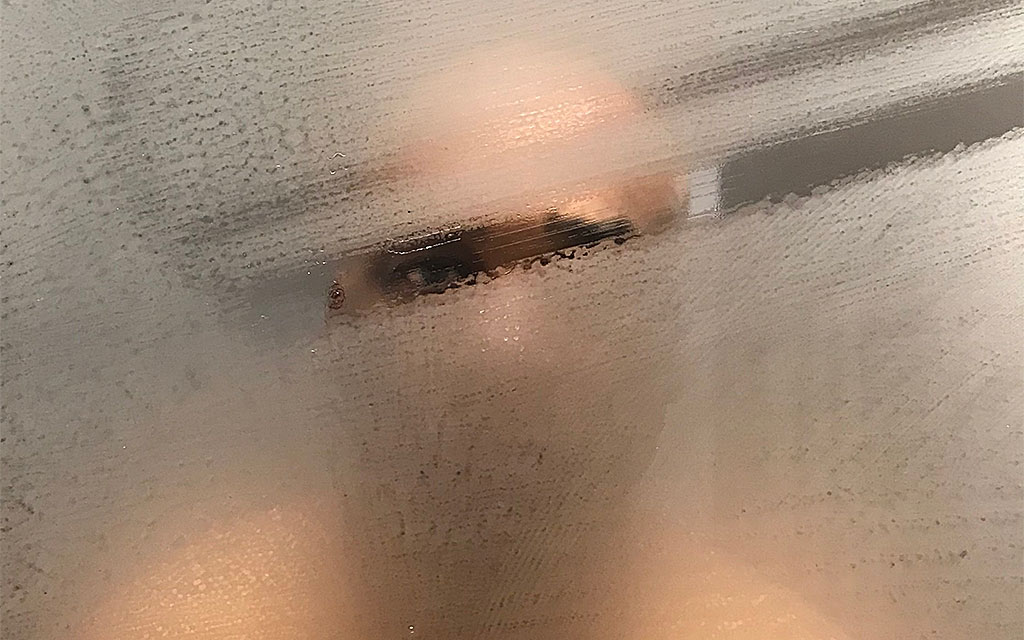Hidden Reflections

So, how do you see yourself? Or a better question may be, can you see yourself? How can you truly ascertain who you are, and identify your intrinsic value?
We of course can look in a mirror and see our reflection. Our visual receptors receive and transfer the images to our brain in order to interpret what we are actually looking at. For many of us, at the very moment our brains are translating and rendering those images from the mirror via our optic nerves, subtle pieces of alternate information are being shunted into certain thought processing areas of our mind. These uninvited and unseen entities then begin to establish erroneous interpretations and filters on what our physical eyes are seeing.
These filters target us with toxic accusations such as: You are too fat. You are too short. You are a loser. You will never amount to anything. You are not attractive. You will never be loved, or find love. You are useless. You will never get it right. You are hopeless. You are pathetic.
When sound waves propagate, they either bounce off, get diffused by, or get absorbed into a given surface or object. So too can the perceptions and preconceived notions we entertain about ourselves, form deep rooted impressions in our minds of varying degrees. Invariably, these usually are not of the healthy or uplifting variety. Just as sound waves under normal circumstances, are not visible, they can still have great impact, especially if the decibel level is beyond the threshold of what is safe.
Over time, our senses naturally become attuned to our environment, just as a physically blind person tends to have more acute hearing than someone with normal vision. Interestingly, there is an unrealized irony when considering those who have fully functioning visual acuity; they at times may find themselves without (in)sight, when attempting to see things clearly.
On any given day, our cognitive senses are inundated with a fire hose of uninvited information. Whether imparted by inherent voices inside our heads, or received from external sources, we automatically assimilate this aural data. If our predisposition towards ourselves is not a balanced or healthy one, this intake of information can, and will be processed in a degenerative manner.
Learning how to filter out the negative aspects of this influx of data is where the challenge lies. Sometimes the harsh, internal critiquing voices drown out healthy external ones trying to bring healing, wholeness and a right perspective to the battering noise of self-doubt or self-degradation.
At times it is an inherently difficult task being objective about oneself, especially when you do not have a clear understanding or acceptance of your true value as a person. We invariably default to being more subjective, usually as a result of the impact of life’s more painful experiences. This in turn can form mental or emotional stresses, which may even contribute to debilitating physical strictures, thereby causing us to view ourselves in the lowest common denominator.
So, if we are being constrained in our discernment about our true selves, because of our own preconceived notions, or by the onslaught of subversive external forces, we have to take some risks. Any number of which may fly in the face of the very things you believe, see, or feel. To help us recognize if we are in the isolation chamber of self-recrimination, or shackled with self-doubt, taking formative steps, however risky, will allow us to see the deception behind our overburdened thought processes, and call them out for what they truly are. Lies about our true worth.
Undertaking some of these risks may require a change of scenery, or a change in relationships; or possibly even a change in your value system exercised through faith in something, or someone greater than yourself.. Half the battle of being able to take the initiative in establishing a paradigm shift in your thinking, involves first recognizing the need for change in the first place. This recognition, may come about through the assistance of friends or family, professionals, or even clergy, among others.
Regardless, even while wrestling with the dark filters through which you may be currently viewing things, there is hope for renewed clarity and vision for your life.
For now we see in a mirror, dimly, but then face to face. Now I know in part, but then I shall know just as I also am known. 1 Corinthians 13:12 (NKJV)
